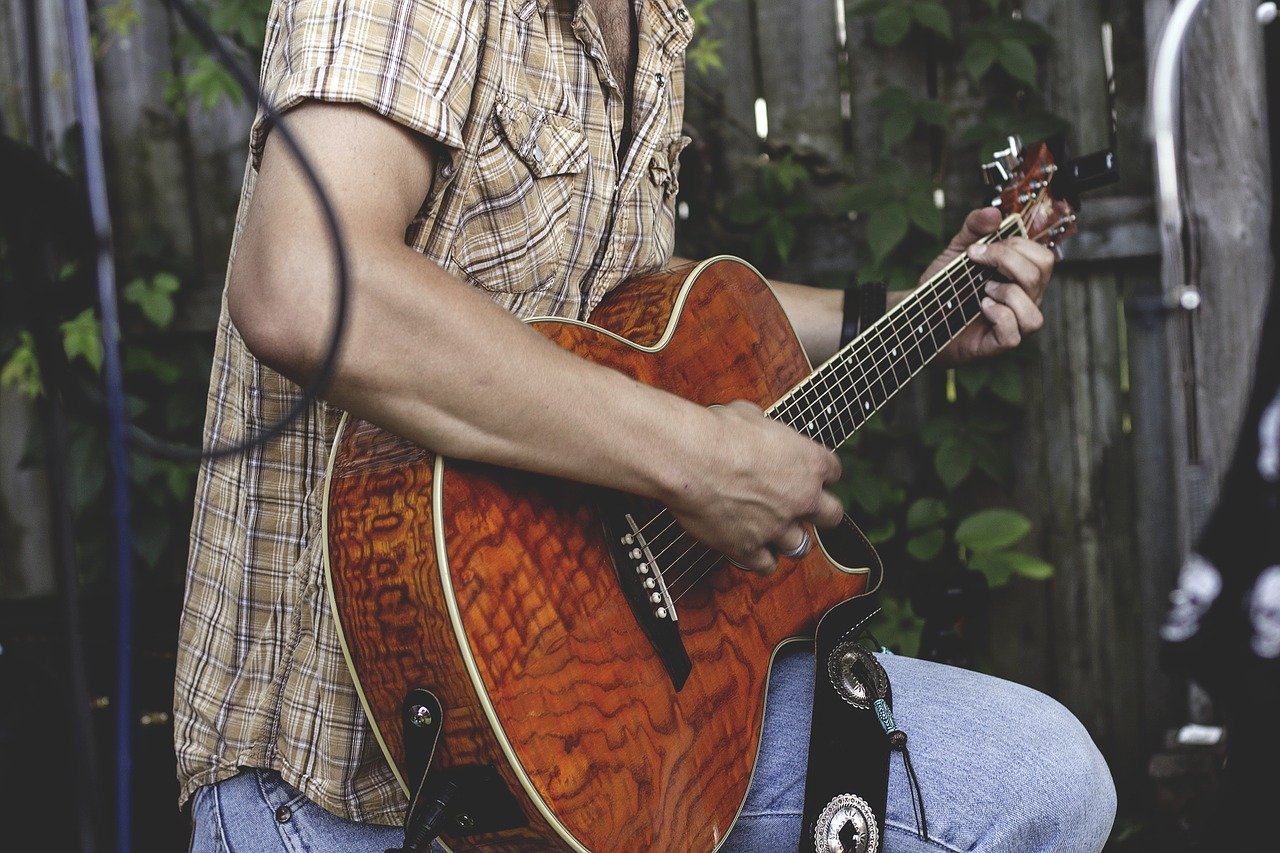“I want to live alone in the desert
I want to be like Georgia O’Keefe
I want to live on the Upper East Side
And never go down in the street”
— Warren Zevon
It’s bizarre to be writing a column about mental health in America as the entire country and, beyond it, the world, goes completely nuts.
For the record, I’m not one of those people who thinks that being worried right now, curbing your activities, not going to bars, washing your hands, and practicing social distancing as a pandemic grips the globe is nuts. We’ve heard the medical community on this loud and clear.
What’s nuts is the denial — as well as its polar opposite, the sweat-drenched panic. The pendulum swings one way and then another. I want it to stop. Not that what I want matters.
The COVID-19 crisis is the perfect example of how little of what we want actually matters. I’m not saying this because I am a nihilist, or because I believe that life is purely random and devoid of meaning. The closer you look at physics, the less you believe that to be actually the case — at the very least, that’s certainly been true for me.
At the same time, death defines our lives. We don’t want it to, but everything we are, and everything we do, is sharply delineated by this one common denominator — we are mortal. Even if you don’t believe that death is the end — and I certainly do not, in spite of not being religious — death is a huge, huge drag. And now we are facing a lot of it, while also having to contend with the fact that status may not necessarily protect us. If you doubt that, just check out the growing number of athletes and actors who have tested positive for the virus, which appears to affect different people very differently.
Death is all around us, and we can’t say no to it. Certainly not in the ways we are most used to. The fabric of daily life is being torn to shreds. As Amos from The Expanse might say, “We’re just caught in the churn, is all… This boss I used to work for in Baltimore, he called it the churn. When the rules of the game change.”
What the hell do you do about any of that as you flail? Especially in a mental health framework? My best guess so far is that you can’t do much, but you can certainly help someone who needs it. It doesn’t have to be a grand gesture. Not all of us are brilliant scientists currently looking for a vaccine, for example.
But helping comes in different forms. Making someone laugh is helping. I’m grateful to Anbara Salem for tweeting this story, for example:
As a public service in these stressful times I'd like to offer, as a palate cleanser, the most embarrassing moment of my life.
10ish years ago, my ex bf and I visited a spa in Germany. It's swimsuits in the pool but you have to be naked in the sauna.
Btw I speak no German. 1/
— Anbara Salam (@anbara_salam) March 16, 2020
It made me laugh in a way I hadn’t laughed in days.
Reassuring my child right now is helpful to both him and me. I try to stay away from the more nauseating platitudes, but being loving toward someone who is smaller and unsure of what is going on reminds me that I am stronger than I think myself to be.
Shit, helping someone with their groceries right now can be a small but necessary step in maintaining our fragile bonds, or else forging new ones. Or hey, if you can’t help someone with their groceries, reach out to someone and fucking make them grin, if you can — for most of us, that will take a maximum of ten minutes.
As disappointed as people have left me lately, they are also always constantly surprising me. I guess that’s the way it’s meant to be — courage shimmering next to cowardice, laughter mixed in with tears. Consider one of my elderly relatives, a wry, dry-humored Holocaust survivor who has pretty much seen it all. In response to my pleas to not go outside, he responded with a meme about how pantry moths will only eat our stockpiles soon anyway. “Don’t panic,” said the meme, “it will be over one way or another.”
My relative is well into his 90s and lives far away, in Hamburg. Considering what’s happening, I have to contend with the fact that we may never see each other again. I’m not just saying that because I’m certain he will die — hell, I could easily die first, I am honestly fresh out of bravado. And yet that does not make the sparkling connection between this wonderful man and I any less meaningful. When you’re reminded that something (everything) is ephemeral, you learn to appreciate it in a goddamn hurry.
And so it goes. While trying to physically stay away from most people, you may learn to value them that much more. You may do some good deeds when you are able — especially considering the fact that sitting on your couch is already a good deed toward everyone who can’t afford to do it, because slowing, if not halting, the spread of the disease right now buys us time. You may sit up in the night, listening to your neighbor tinker with his guitar, watching the errant stars above the light pollution, dreaming of embracing again. Let your fear turn into humility and your humility into kindness, if you can. That’s all I know, that’s all I’ve got, and so I offer it to you.

